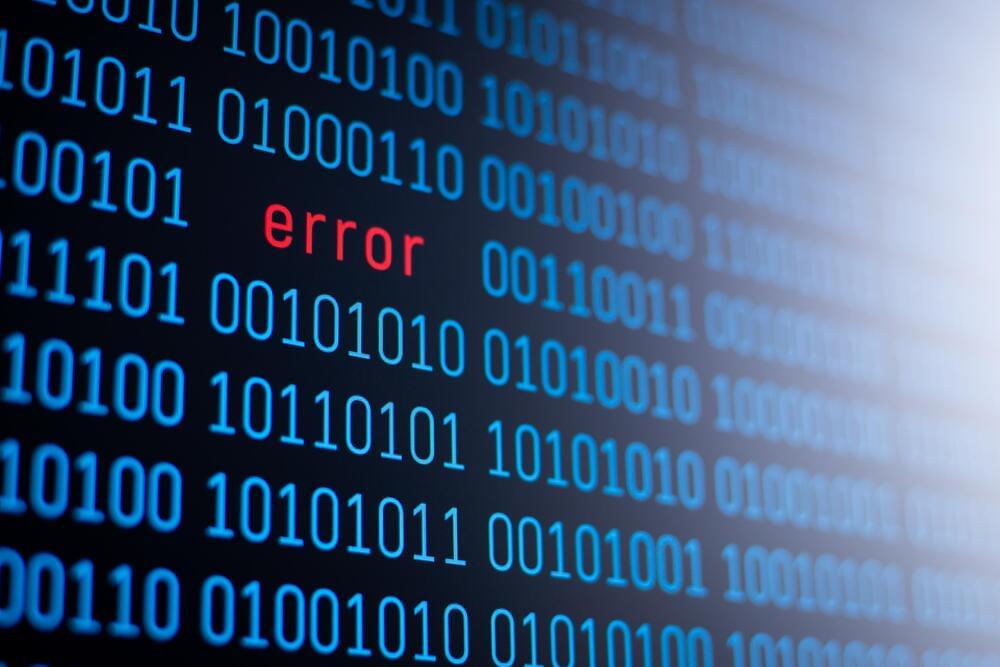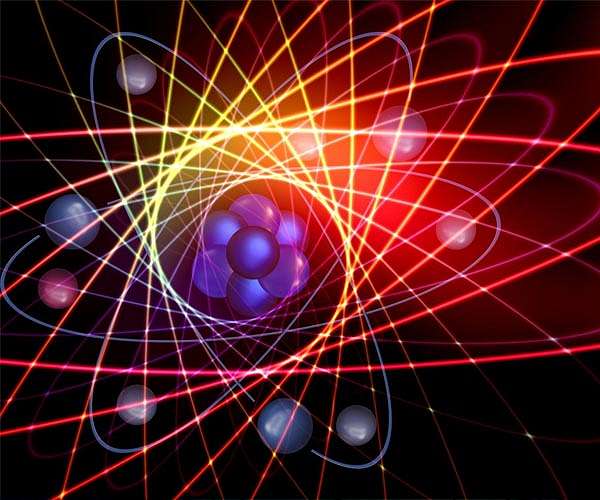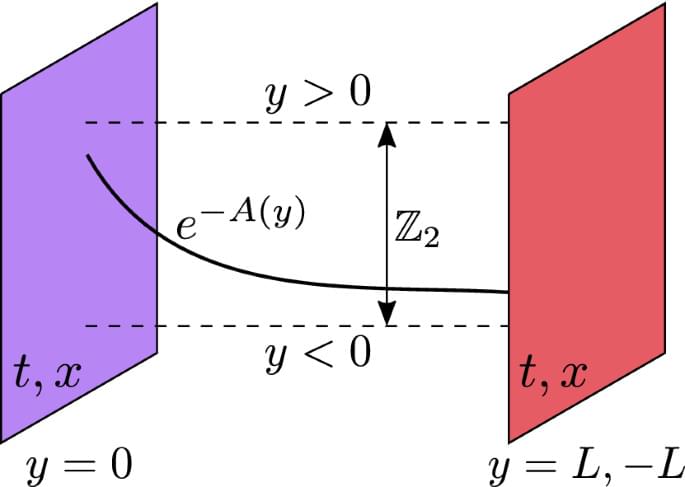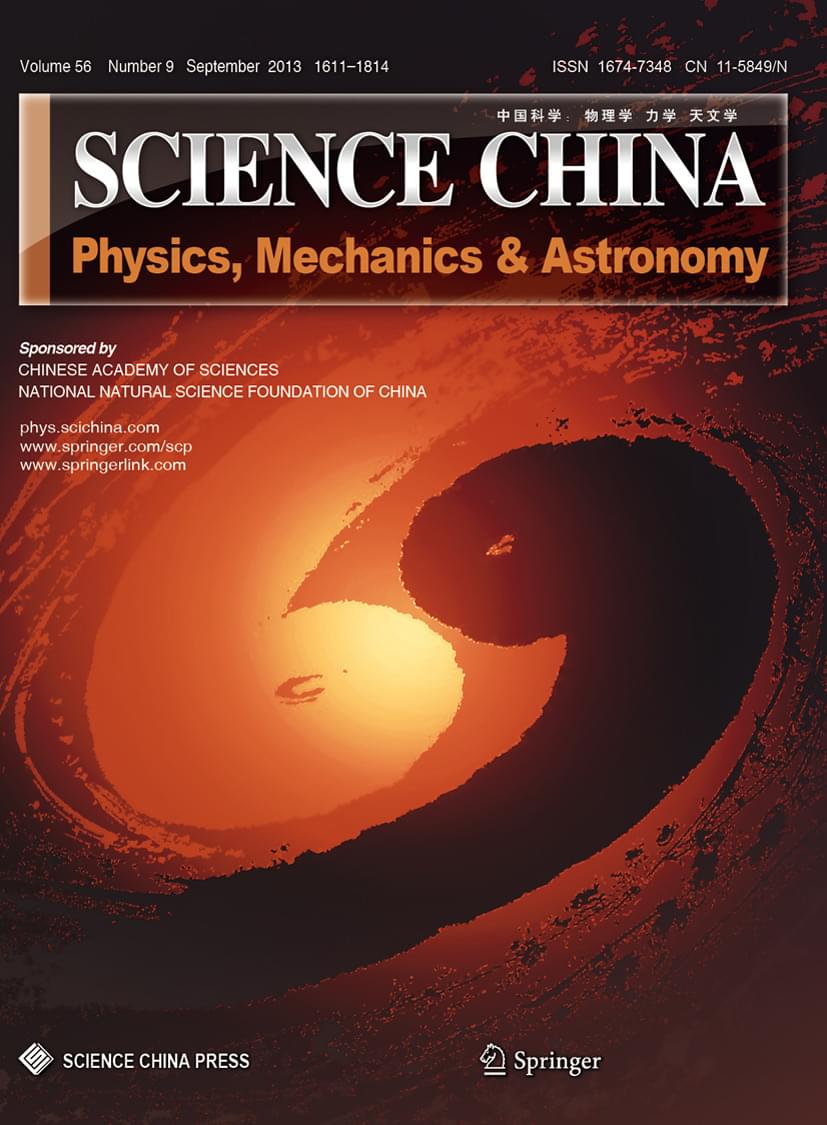Discover the groundbreaking world of quantum teleportation! Learn how scientists are revolutionizing data transfer using quantum entanglement, enabling secure, instant communication over vast distances. From integrating quantum signals into everyday internet cables to overcoming challenges like noise, this technology is reshaping our future. Explore the possibilities of a quantum internet and its role in computing and security. Watch our full video for an engaging dive into how quantum teleportation works and why it’s a game-changer for technology. Don’t miss out!
Paper link: https://journals.aps.org/prl/abstract…
Visit our website for up-to-the-minute updates:
www.nasaspacenews.com.
Follow us.
Facebook: / nasaspacenews.
Twitter: / spacenewsnasa.
Join this channel to get access to these perks:
/ @nasaspacenewsagency.
#NSN #NASA #Astronomy#QuantumTeleportation #QuantumInternet #QuantumComputing #SecureCommunication #QuantumTech #ScienceBreakthrough #DataTransfer #FutureTechnology #QuantumEntanglement #QuantumScience #QuantumWorld #TeleportationScience #TechInnovation #NextGenTech #QuantumPhysics #ScienceExplained #CuttingEdgeTech #QuantumFuture #QuantumTechnology #TeleportationExplained #QuantumNetworks #RevolutionaryTech #TechUpdates #QuantumCommunication #DataRevolution #QuantumMechanics #TechAdvancements #PhysicsInnovation #ScienceMadeSimple #QuantumBreakthrough #QuantumDiscoveries






